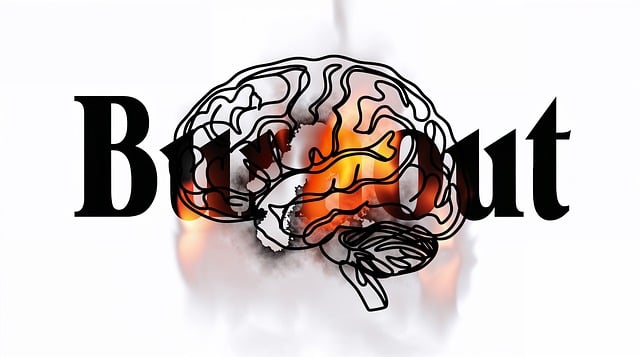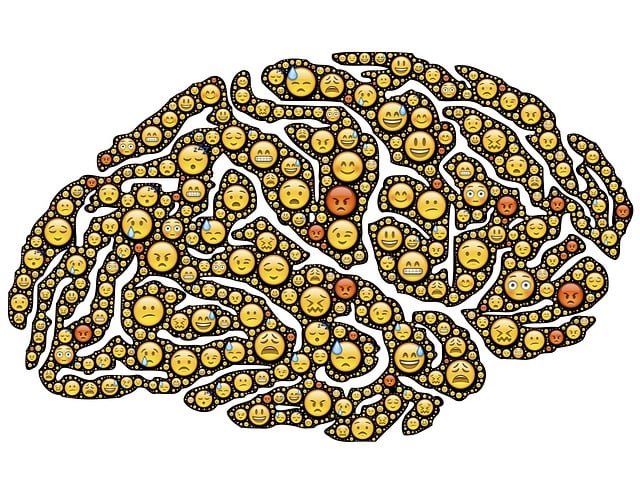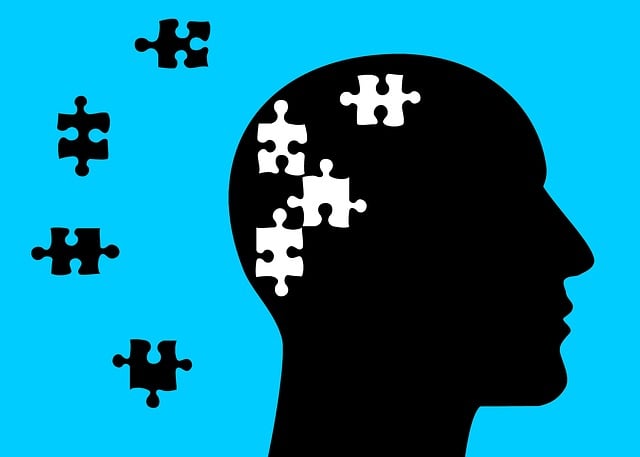Resilience is crucial for cancer patients, helping them navigate emotional and physical challenges. The RFM framework (Resilience, Flexibility, Mastery) provides a structured approach to build mental fortitude through self-care practices like journaling. This therapy for cancer issues emphasizes mindfulness, deep breathing, and progressive muscle relaxation to reduce stress and enhance emotional regulation. Physical activities like yoga further boost mood and confidence. Cultural sensitivity ensures personalized support, empowering patients throughout their cancer care journey. Real-life success stories highlight the transformative power of RFM, fostering communities that support and inspire those facing cancer-related issues.
“In the face of cancer, building resilience is an invaluable asset for patients’ emotional and physical well-being. This comprehensive article explores the power of RFM (Resilience, Flexibility, and Mastery), a framework designed to enhance cancer support systems. We delve into the profound impact of cancer on resilience, offering insights on how RFM exercises can strengthen coping mechanisms.
From understanding the concept to real-life success stories, this guide provides a wealth of information for those seeking effective therapy for cancer-related issues.”
- Understanding RFM: A Framework for Resilience
- The Impact of Cancer on Emotional and Physical Resilience
- Exercises to Strengthen Resilience: A Comprehensive Guide
- Integrating RFM into Cancer Support Systems
- Real-Life Success Stories: RFM in Action
Understanding RFM: A Framework for Resilience

Resilience is a vital asset for navigating life’s challenges, especially those facing cancer and its related issues. RFM—a framework that stands for Resilience, Flexibility, and Mastery—provides a structured approach to building mental fortitude. This therapy for cancer-related concerns offers a unique perspective by focusing on an individual’s ability to adapt and grow amidst adversity. By fostering resilience, individuals can enhance their overall well-being and effectively manage stress and anxiety.
The RFM model encourages the development of a robust self-care routine, which is essential for maintaining mental wellness. This includes practices like journaling—a powerful mental wellness podcast series production technique—to reflect on personal experiences and track progress. Additionally, adopting a consistent self-care routine can lead to improved emotional regulation and a sense of control, thereby strengthening one’s ability to face cancer treatment side effects or post-treatment challenges.
The Impact of Cancer on Emotional and Physical Resilience

Cancer can significantly deplete both emotional and physical resilience, leaving individuals feeling vulnerable and overwhelmed. The disease’s impact extends beyond the immediate physical toll, as it triggers a cascade of complex emotions such as fear, anxiety, and depression. Many cancer survivors struggle with adjusting to their ‘new normal’, which often involves chronic fatigue, pain management, and psychological adjustments. This can make even mundane tasks challenging, impacting overall quality of life.
The need for effective therapy for cancer issues is therefore paramount. Compassion cultivation practices have emerged as valuable tools in building emotional resilience among cancer patients. These practices encourage individuals to cultivate empathy and self-compassion, fostering a sense of inner strength and calmness amidst the storm of illness. Additionally, risk management planning for mental health professionals plays a crucial role in supporting patients through their journey, helping them navigate the psychological challenges that often accompany cancer diagnosis and treatment. Empathy building strategies are also essential components of care, enabling professionals to offer tailored support that respects each patient’s unique experiences and needs.
Exercises to Strengthen Resilience: A Comprehensive Guide

Resilience is a crucial aspect of emotional well-being, especially for individuals navigating cancer and its aftermath. Building resilience through specific exercises can significantly enhance one’s ability to cope with stress, anxiety, and the challenges that come with cancer treatment and recovery. This comprehensive guide explores various activities designed to strengthen mental fortitude and promote healing.
Exercises such as mindfulness meditation, deep breathing techniques, and progressive muscle relaxation are powerful tools for managing stress and preventing depression. These practices encourage individuals to focus on the present moment, reducing anxiety about the future or regrets about the past. Additionally, engaging in physical activities like yoga or regular exercise routines can boost confidence and improve overall mood. Public awareness campaigns can play a vital role in encouraging these practices, providing support systems, and fostering a sense of community among cancer survivors.
Integrating RFM into Cancer Support Systems

Integrating RFM (Resilience, Flexibility, and Mindfulness) into cancer support systems offers a comprehensive approach to therapy for cancer issues. This method goes beyond traditional treatments by focusing on building inner strength and adaptability, crucial elements in navigating the challenges associated with a cancer diagnosis. By incorporating self-care practices like mindfulness meditation and self-awareness exercises, patients can enhance their emotional resilience and cope more effectively with the physical and psychological effects of cancer treatment.
Cultural sensitivity in mental healthcare practice is also essential when integrating RFM. Recognizing that each individual brings unique cultural backgrounds and beliefs to their cancer journey, healthcare providers must tailor support to respect these differences. This personalized approach ensures that self-care strategies resonate with patients’ values and experiences, fostering a deeper sense of well-being and empowerment in their cancer care and recovery process.
Real-Life Success Stories: RFM in Action

In the realm of cancer support, Real-Life Success Stories (RFM) stand as powerful testaments to the transformative potential of resilience-building exercises. These narratives showcase individuals who have not only overcome cancer but also thrived through the integration of therapy and mental wellness practices. For instance, consider a patient who, following their diagnosis, embarked on a journey of emotional intelligence development facilitated by RFM techniques. By participating in group discussions and therapeutic activities, they learned to navigate the challenges of cancer treatment with newfound strength and poise.
This particular story highlights how RFM can contribute to public awareness campaigns development by shedding light on the importance of mental wellness during cancer care. The patient’s journey from vulnerability to resilience became a source of inspiration for others, fostering a community that supports and empowers individuals facing similar issues. Such success stories underscore the significant role therapy plays in addressing not just physical symptoms but also the profound emotional and psychological impacts of cancer.
Resilience is a powerful tool in the journey of cancer survivors, and integrating RFM (Resilience, Flexibility, and Mastery) exercises into support systems can significantly enhance their well-being. By understanding the impact of cancer on emotional and physical resilience, healthcare professionals can provide tailored therapy for cancer issues. The comprehensive guide offered in this article highlights effective exercises to strengthen resilience, offering a roadmap for both patients and caregivers. Real-life success stories further illustrate the transformative power of RFM, demonstrating its potential to revolutionize cancer support and foster a vibrant, resilient community.









